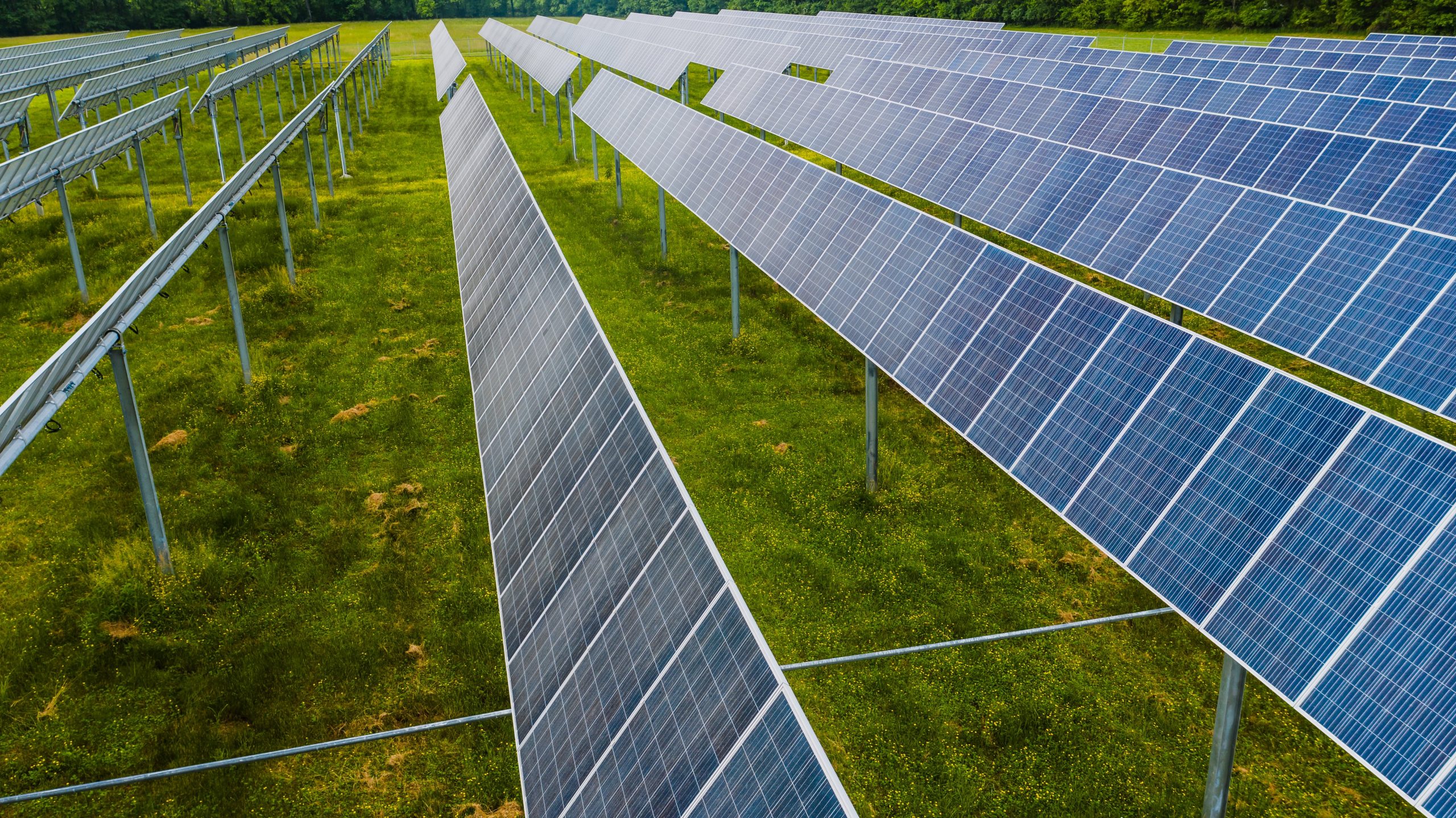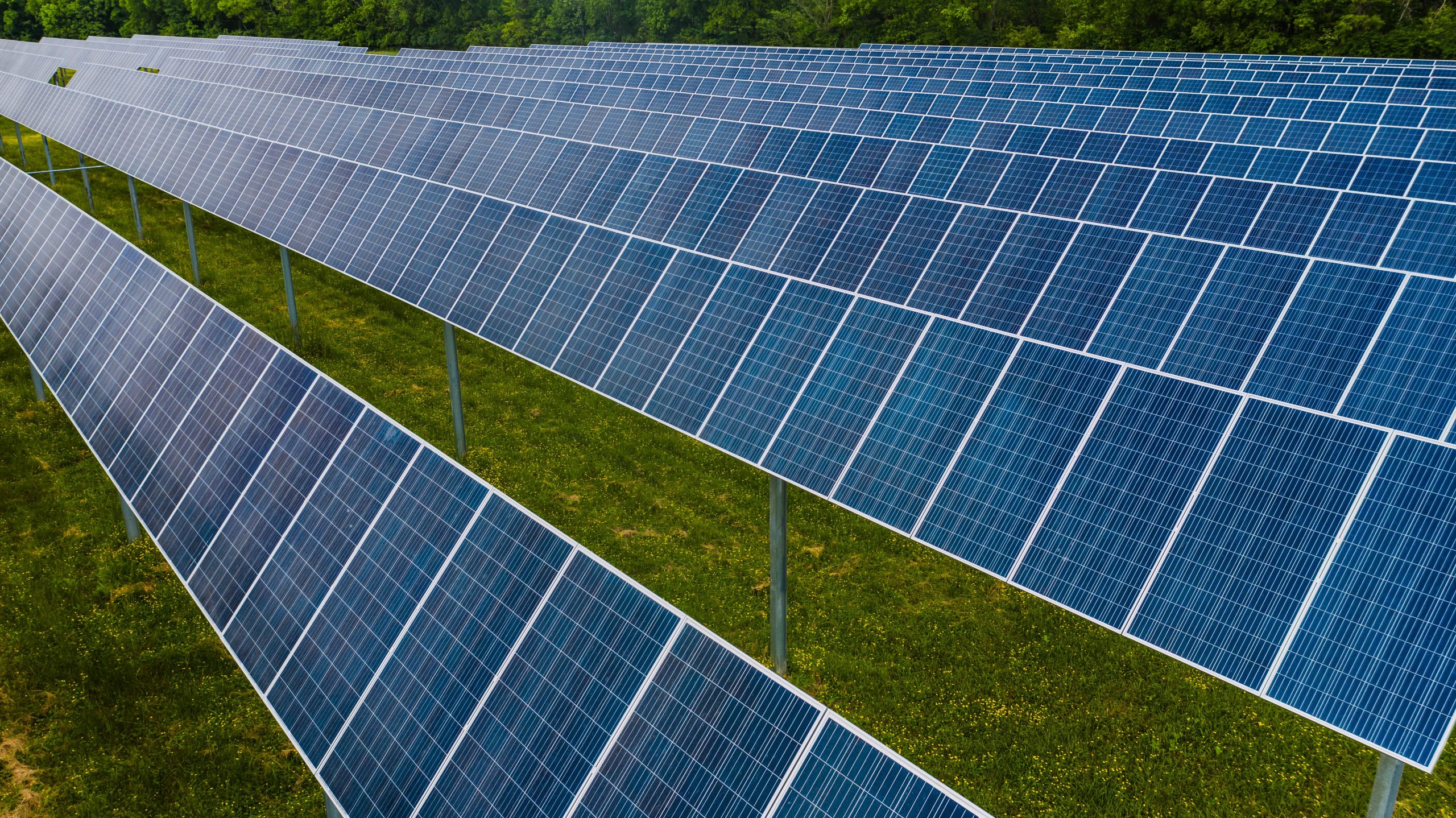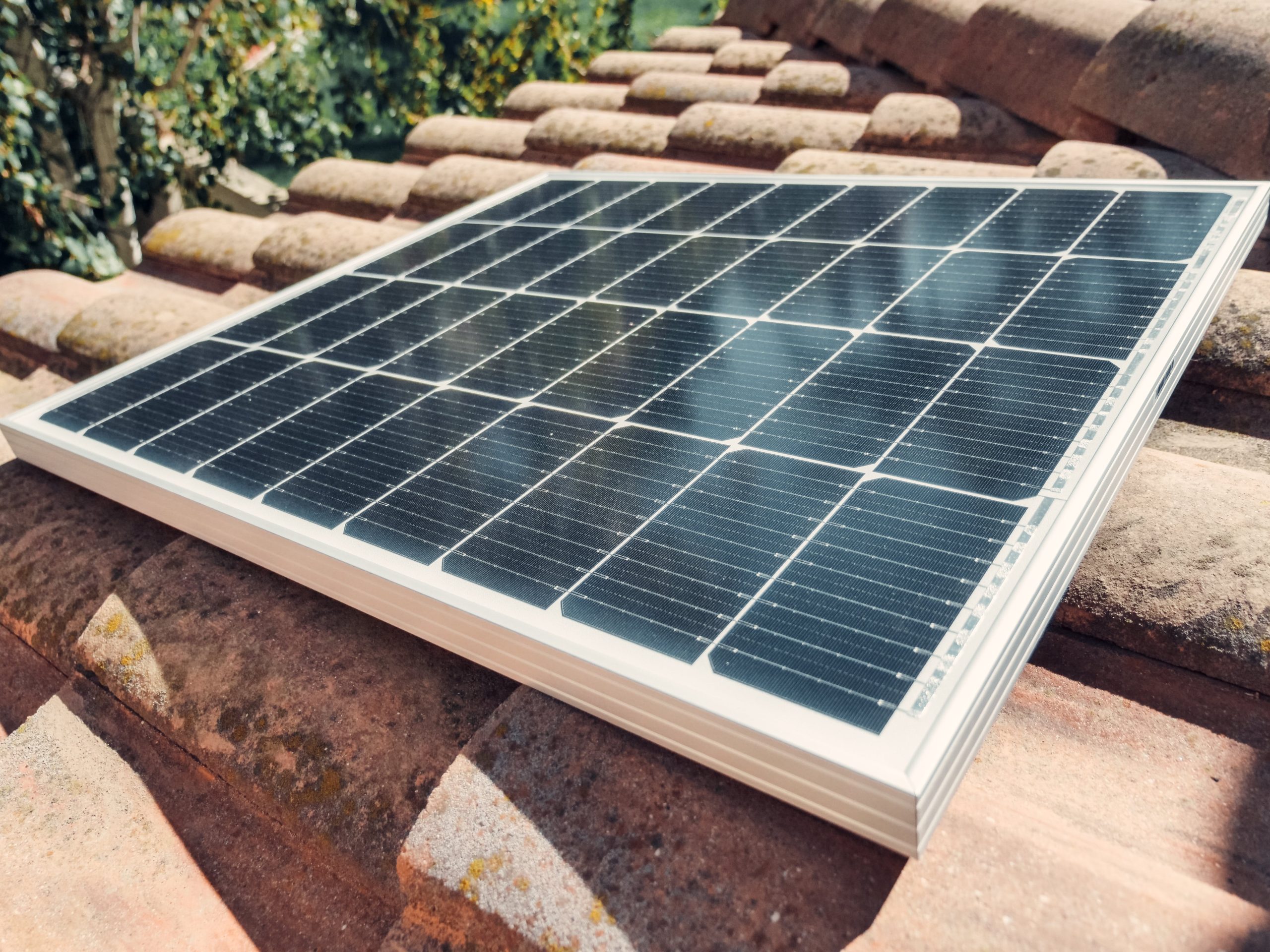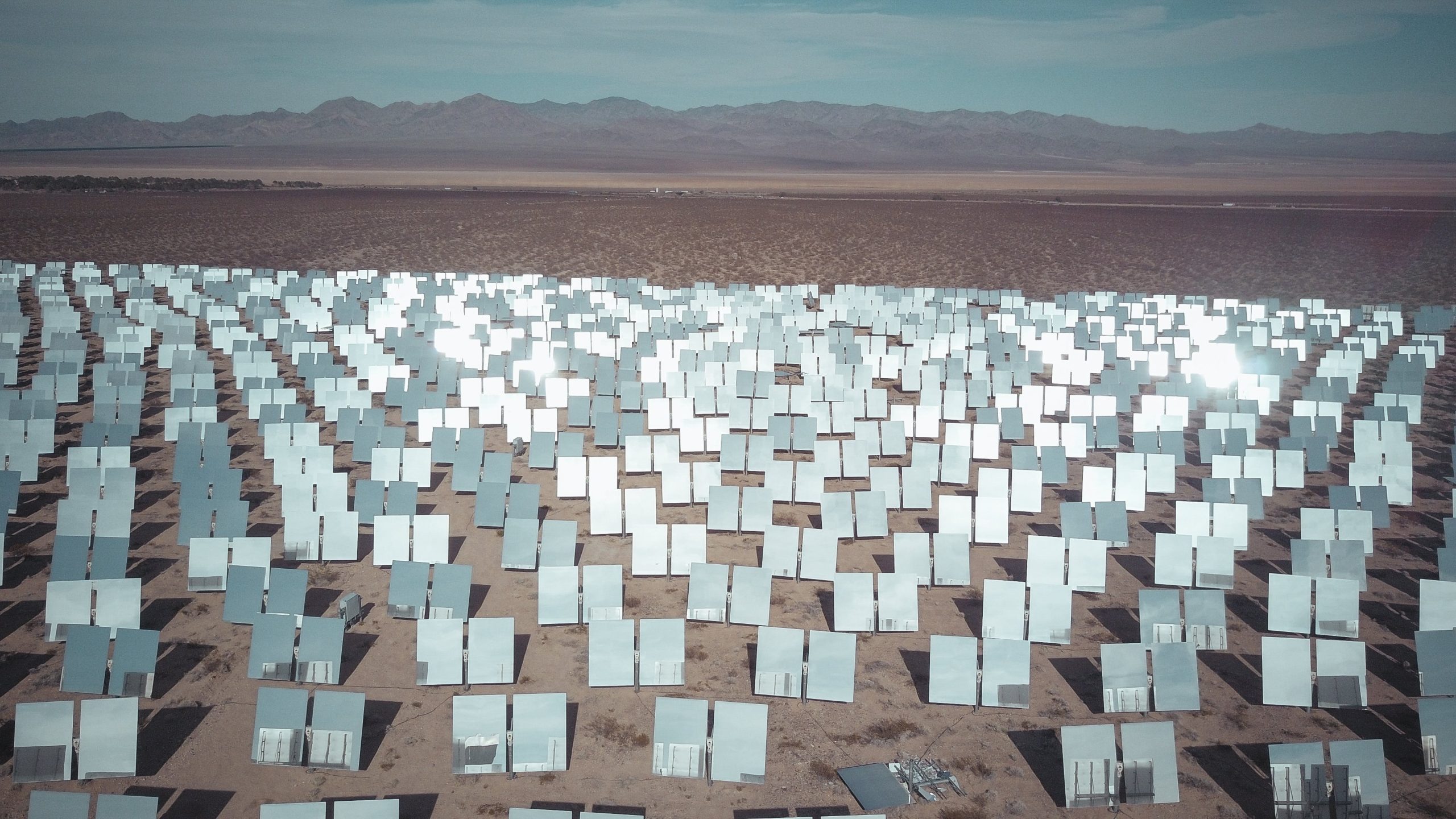Do the Pros Outweigh the Cons of Solar Panels?
Solar panels have emerged as a groundbreaking technology promising to revolutionize the way we generate and consume energy. As the world grapples with the consequences of climate change the debate over the pros and cons of solar panels has become increasingly relevant. In this article we will delve into the advantages and disadvantages of solar panels exploring whether the benefits truly outweigh the drawbacks. Do the Pros Outweigh the Cons of Solar Panels?
Introduction
The world is at a crossroads in terms of energy consumption and solar panels have positioned themselves as a potential gamechanger in the quest for sustainable energy. This article aims to provide a comprehensive analysis of the pros and cons associated with solar panels addressing key considerations for individuals and businesses contemplating the switch to solar energy.
Pros of Solar Panels
Environmental Benefits
One of the primary advantages of solar panels lies in their positive impact on the environment. The utilization of solar energy significantly reduces greenhouse gas emissions contributing to the global effort to combat climate change. Solar panels harness the power of the sun a clean and renewable resource making them a crucial component of a sustainable energy future.
Cost Savings
While the initial investment in solar panels can be substantial the longterm cost savings are often substantial. Homeowners and businesses can experience a significant reduction in electricity bills over time eventually offsetting the initial expense. Additionally government incentives and tax credits further enhance the financial appeal of solar panel installations.
Renewable Energy Source
Unlike traditional fossil fuels solar energy is a renewable resource that is virtually inexhaustible. The sun the source of solar power is expected to radiate energy for billions of years ensuring a constant and reliable source of electricity for solar panel users.
Government Incentives
Governments around the world are recognizing the importance of transitioning to renewable energy sources. As a result various incentives such as tax credits and rebates are offered to individuals and businesses adopting solar panels. These incentives not only make solar energy more accessible but also contribute to the overall economic viability of solar installations.
Cons of Solar Panels
High Initial Cost
One of the most significant challenges associated with solar panels is the high initial cost of installation. The purchase and setup of solar panels involve a substantial upfront investment which can be a deterrent for individuals with budget constraints.
Intermittent Energy Production
Solar panels rely on sunlight to generate electricity making them susceptible to variations in weather conditions. Cloudy days or nighttime render solar panels less effective requiring users to have alternative energy sources or energy storage solutions in place.
Aesthetic Concerns
Some individuals express aesthetic concerns about the appearance of solar panels on residential or commercial properties. The traditional blueblack hue of solar panels may clash with architectural designs leading to hesitation among those who prioritize the visual appeal of their surroundings.
Energy Storage Challenges
While advancements have been made in energy storage technologies storing solar energy for use during periods of low sunlight remains a challenge. Efficient and costeffective energy storage solutions are crucial for maximizing the benefits of solar panels.
Environmental Impact
The environmental impact of solar panels extends beyond their direct benefits. While the reduction in carbon footprint is a clear advantage the extraction of materials used in solar panel production such as silicon and rare metals raises concerns about resource sustainability.
Financial Considerations
To truly assess the viability of solar panels it essential to consider the financial aspects. The return on investment ROI for solar panel installations can vary based on factors such as location energy consumption patterns and available incentives. While the initial costs may seem daunting the longterm savings often justify the expense.
Technological Advances
The solar energy industry is dynamic with continuous advancements in technology. New materials designs and manufacturing processes are enhancing the efficiency and affordability of solar panels. From flexible solar cells to transparent panels innovation is driving the industry toward greater accessibility and functionality.
Government Policies and Incentives
The support of government policies and incentives is pivotal in promoting the widespread adoption of solar panels. Countries with robust support systems including feedin tariffs and net metering have witnessed a more rapid integration of solar energy into their power grids.
Public Perception
Public perception plays a crucial role in the adoption of solar panels. Overcoming common misconceptions such as the belief that solar panels are only effective in sunny climates is essential. As awareness grows and education efforts increase attitudes toward solar energy are evolving positively.
Case Studies
Examining realworld case studies provides valuable insights into the practical benefits and challenges of solar panel installations. Success stories showcase the transformative impact of solar energy while accounts of challenges faced by users shed light on areas for improvement and innovation.
Integration with Other Energy Sources
The integration of solar panels with other energy sources is a key consideration for achieving a diversified and reliable energy portfolio. Solar energy complements traditional sources contributing to a more resilient and sustainable energy grid.
Addressing Aesthetic Concerns
In response to aesthetic concerns architects and designers are developing innovative solutions to integrate solar panels seamlessly into the built environment. From solar roof tiles to artistic installations these approaches aim to enhance the visual appeal of solar panels.
Future Outlook
The future of solar energy appears promising with ongoing research and development paving the way for enhanced efficiency and affordability. Predictions for the industry include increased energy storage capabilities improved solar panel designs and expanded applications in various sectors.
Final Word
In the pros and cons of solar panels present a nuanced picture that requires careful consideration. While the environmental benefits and longterm cost savings are compelling challenges such as the high initial cost and intermittent energy production should not be overlooked. Ultimately the decision to embrace solar energy should be based on individual needs geographical considerations and a commitment to sustainable living.
FAQs
- Are solar panels suitable for all climates?
- Solar panels can be effective in various climates but their efficiency may vary. Consultation with a solar expert is recommended for personalized advice.
- What maintenance do solar panels require?
- Solar panels generally require minimal maintenance such as regular cleaning and occasional checks. Detailed maintenance guidelines are provided by manufacturers.
- How long does it take to recoup the initial investment?
- The time to recoup the initial investment in solar panels depends on factors like energy consumption location and available incentives. On average it ranges from 5 to 15 years.
- Can solar panels work during cloudy days?
- While solar panels are less efficient on cloudy days they can still generate some power. Energy storage solutions can mitigate the impact of intermittent sunlight.
- Are there any potential health risks associated with solar panels?
- Solar panels pose minimal health risks. However proper installation and adherence to safety guidelines are crucial to ensure safe operation.











